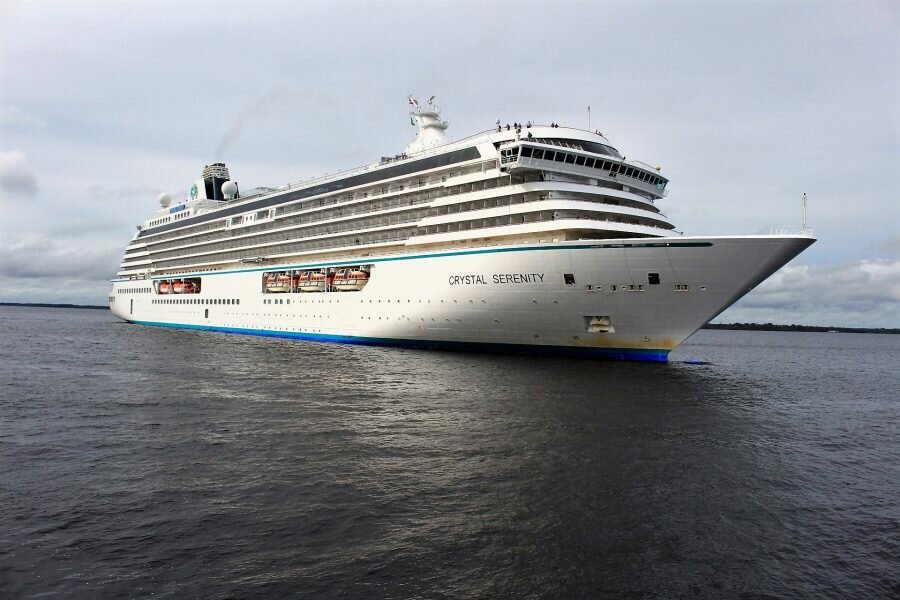
The new law defines the rights and duties of immigrants and visitors in Brazil; regulates the entry and stay of foreigners; and establishes norms for the protection of Brazilians abroad.
International crew members who work on ships that circulate through Brazil will no longer need visas to work in the country. The end of the requirement is one of the novelties brought by the Migration Lawsanctioned by President Michel Temer and published in the Official Gazette of the Union on Thursday (25).
The novelty, which will come with the regulation of the law, will represent a reduction of up to R$ 500 thousand in the cost of each ship. The regulation must take place in the next six months and will go through the Ministries of Foreign Affairs, Justice, and Labor.
The Minister of Tourism, Marx Beltrão, said that the measure brings benefits to the country. "This law will allow the sector to become less bureaucratic, attract more cruises to our country and, consequently, generate more jobs and income in Brazil", he stated.
Last season, between cabotage and long-haul cruises, 37 ships sailed along the Brazilian coast. According to the main entity representing the sector, Clia-Abremar, the measure will help the country in the search for more cruises and, consequently, more options for Brazilian and foreign tourists visiting Brazil.
Marco Ferraz, president of Clia-Abremar, also evaluated the new law. "This was an old demand. It reduces a lot of bureaucracy. It is one more obstacle that, with the fundamental help of the Ministry of Tourism, we can overcome to attract more cruise ships", he foresees.
The Migration Law substitutes the Foreigner Statute, created in 1980, which determined that all international crew members who work on ships had to pay consular and Ministry of Labor fees. Besides the cost reduction, the end of the requirement simplifies the operation of cruises on the Brazilian coast.
Migration Law
The new law defines the rights and duties of immigrants and visitors to Brazil, regulates the entry and stay of foreigners, and establishes norms for the protection of Brazilians abroad.
The Brazilian Institute of Geography and Statistics (IBGE) estimates that there are one million immigrants living in the country. The Migration Law was conceived based on the premise that immigrants can contribute to the socioeconomic and cultural development of the country, allowing immigrants to obtain employment and work in the formal economy.
 Manaus Agile tourism and culture of the Amazon
Manaus Agile tourism and culture of the Amazon



